The first Vietnamese newspaper in the central region
According to documents of the Hue City History Museum, Mr. Huynh Thuc Khang was a patriotic scholar, scholar, whose childhood name was Hanh, his given name was Gioi Sanh, his nickname was Minh Vien, later changed to Thuc Khang. He was born on October 1, 1876 in Thanh Binh village, Tien Giang Thuong commune (now Tien Canh commune, Tien Phuoc district, Quang Nam province).
He was famous for his intelligence since childhood. In the year Canh Ty (1900), he passed the provincial examination with the highest score; in the year Giap Thin (1904), he passed the third-class doctorate. According to the rules, those who passed the doctorate were granted a three-month honor, and after that they had to go to the Ministry of Personnel to study politics in order to become an official. However, he claimed to be sick and stayed home, not interested in the officialdom.
He became close friends with Phan Chau Trinh and Tran Quy Cap, forming a "trio" of organizations promoting the Duy Tan movement with the doctrine of "enlightening the people, strengthening the people's spirit, improving the people's lives" and participating in the anti-tax movement in 1908. For that reason, he was arrested and imprisoned in Con Dao for 13 years before being released.
From a political prisoner who "harmed the protectorate state through rebellions", shortly after returning from Con Dao, he was elected to the Central Vietnam House of Representatives. Mr. Huynh made the colonial and feudal governments of the Southern Dynasty especially concerned, due to his great prestige among the people of Central Vietnam, especially in his hometown of Quang Nam.
In the context of our country from the late 19th century to the early 20th century, Hue Capital became a typical focal point for the issue of cultural exchange and contact between Vietnam and France, clearly expressed in many aspects, especially in terms of ideology.
The French colonialists enacted harsh policies, heavily exploiting and savagely oppressing the poor and laborers. Their lives became miserable, they had to sell their labor to landlords in exchange for food, or leave their hometowns to seek a living. Workers in Hue also suffered from a double yoke, they harbored hatred for the feudal colonialists.
Those policies had a great impact on the political situation in Hue, causing great turmoil, creating conditions for the people's struggle movement demanding democratic freedoms and people's livelihoods against the fascist war and colonial reactionaries to take place vigorously throughout the country in general and in Thua Thien Hue in particular.
It was in the context of a political and social situation under much pressure, even conflict, especially when the political power of the Hue court was completely restrained by the presence of the French protectorate, that the national spirit and national identity had more needs and conditions to be expressed, the most important issues being culture and education. Therefore, it was not by chance that in Hue, there were many strong activities representing the trend of innovation, notably in the press, which spoke of the demands and pressures in the social context at that time.
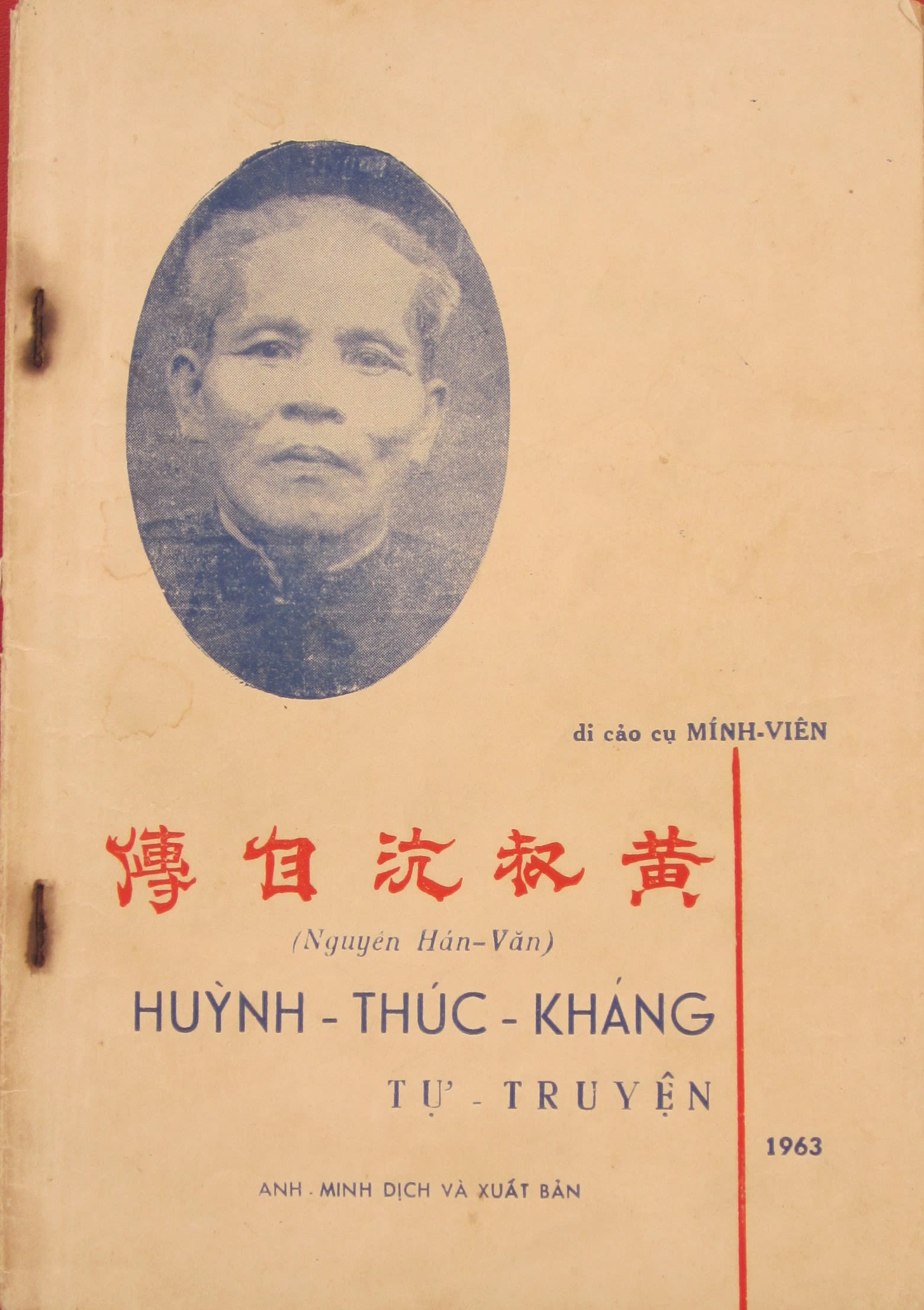
Huynh Thuc Khang's autobiography (translated and published by Anh Minh in 1963) - Photo: Da Nang Museum
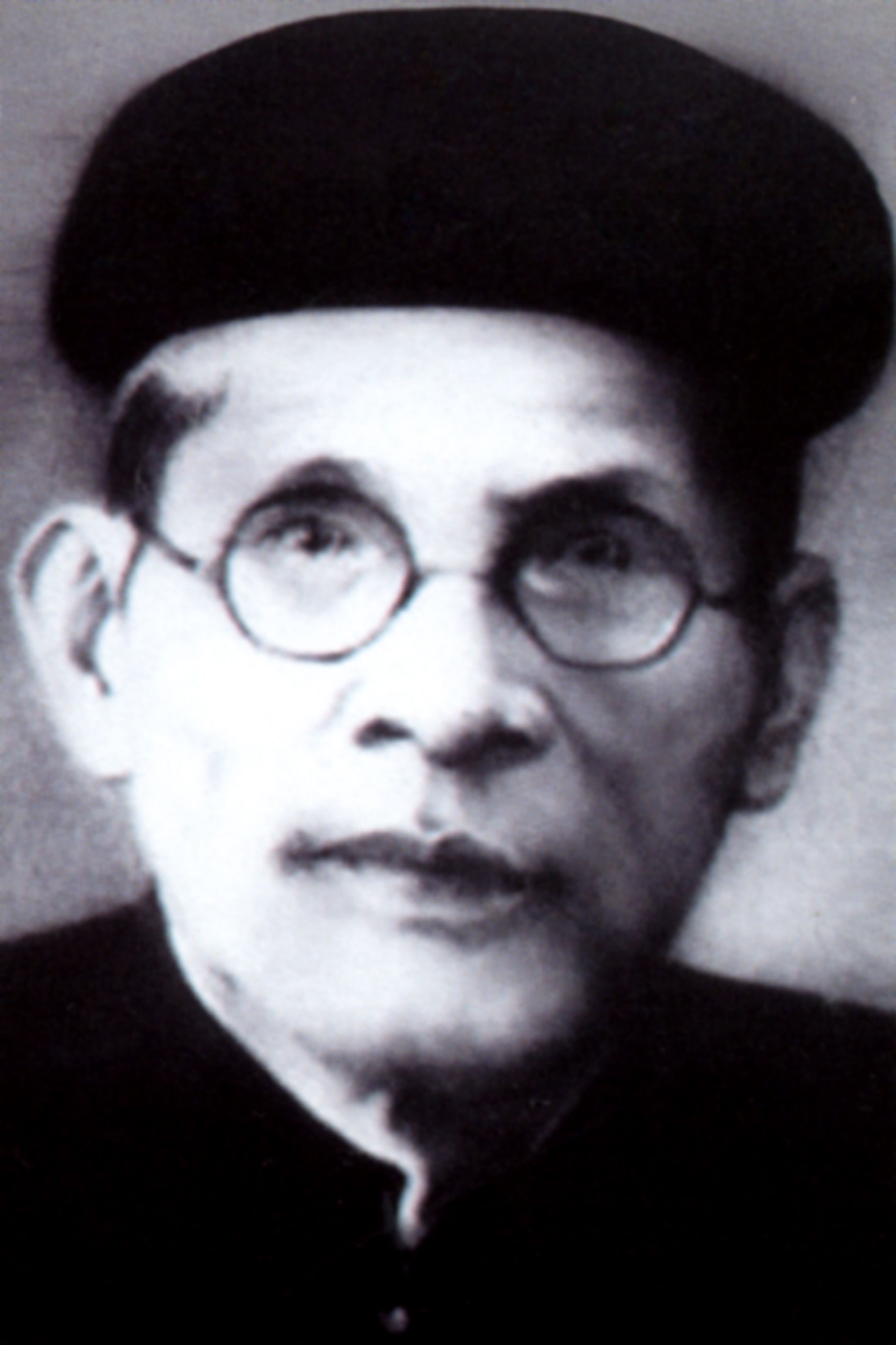
Portrait of Mr. Huynh Thuc Khang. Photo archive
Faced with the social situation of "needing the voice of the people, of justice" to expose all opportunists, corrupt officials, and tyrants who exploit the people, after a period of thinking and pondering about the advantages of the media, Mr. Huynh Thuc Khang immediately established the newspaper Tiếng Dân, using the press as a means of struggle, considering it a powerful weapon to serve the masses, especially oppressed and exploited workers.
However, at the time the newspaper was founded, the French colonialists had many strict regulations on freedom of speech.
On July 29, 1881, the French National Assembly passed a law recognizing freedom of the press, allowing it to be applied in the mother country as well as in the colonies. But after a short time, the French colonialists soon realized the danger of the 1881 Law on freedom of the press in Indochina. On the one hand, they still recognized the freedom of publication for the French press, but on the other hand, they issued a Decree on December 30, 1898, forcing all newspapers in Vietnamese, Chinese and other languages to have a license before publishing.
Because of this harshness, even in the North and South, many newspapers were initially owned by the French, even though it was a calculation of the colonialists. In Central Vietnam, publishing a newspaper, especially a newspaper in Quoc Ngu, was much more difficult and complicated. People in Central Vietnam who wanted to read newspapers had to buy them from the South or have them brought in from the North.
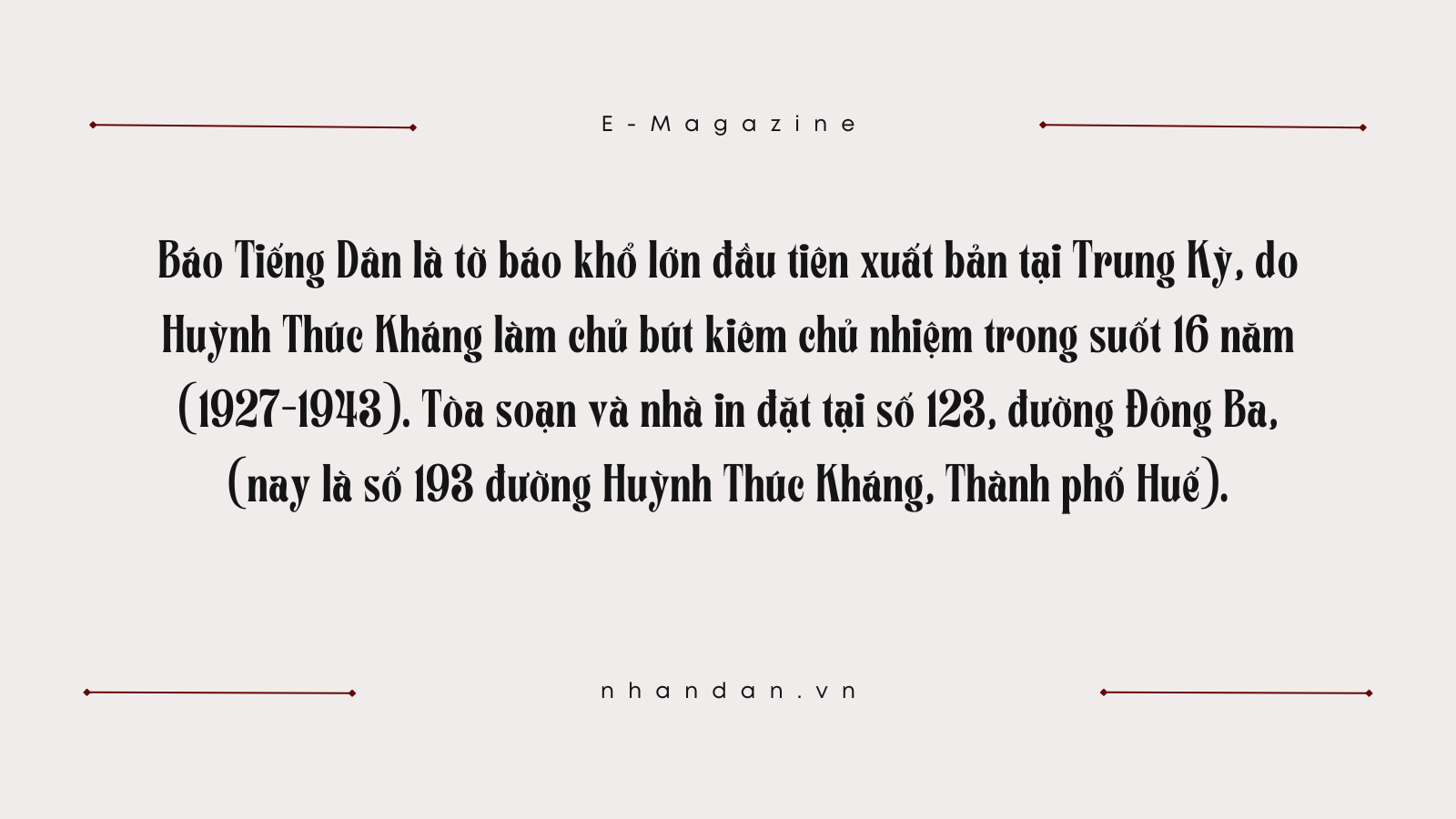
At first, Mr. Huynh intended to name the newspaper “Trung Thanh”, meaning the voice of Central Vietnam. Someone suggested the name “Dan Thanh”, Mr. Huynh was still hesitant so he went to the thatched house on Ben Ngu slope to ask for Mr. Phan Boi Chau’s opinion.
Mr. Phan advised Mr. Huynh: "Since it is a national newspaper, it is right to name it after the mother tongue, just call it Tieng Dan". Mr. Huynh accepted Mr. Phan's opinion and named it Tieng Dan "meaning the people speak up".
“If you don't have the right to say everything you want to say, at least keep the right not to say what people force you to say.”
Huynh Thuc Khang, opening words of the first issue, August 10, 1927
Because of its correct purpose and principles, in line with the times and current events, Huynh Thuc Khang's Tieng Dan newspaper received the cooperation of many famous writers such as Sao Nam or Viet Dieu (aka Phan Boi Chau), Tran Dinh Phien, Dao Duy Anh, Lac Nhan (Nguyen Quy Huong)...
According to Mr. Huynh: " The people are the key to the country, this newspaper is called Voice of the People because in reality, it is thanks to the press that the voice of the people can be revealed ." That is the declaration he wrote in the newspaper issue on August 13, 1927.
The newspaper's journey through thousands of difficulties
Documents from the Hue City History Museum show that in order to overcome the strict regulations of the French colonialists, the proponents had to establish a "Co Hop Company" called (Société en commandite par actions) which can be roughly translated as "Huynh Thuc Khang Company" .
Mr. Huynh Thuc Khang assigned Mr. Dao Duy Anh to draft the company's charter and to promote and mobilize capital. But none of the founders had any professional experience in running a newspaper.
In September 1926, Mr. Huynh Thuc Khang sent Mr. Dao Duy Anh to Saigon to learn about the work of journalism, especially how to organize the Editorial Department. After about three or four months in Saigon, Mr. Dao Duy Anh returned to Da Nang to continue organizing the company with everyone.
As for himself, Mr. Huynh Thuc Khang often personally went to Hue (to the Central Region Apostolic Palace) to submit a petition asking for permission to establish a newspaper. During those times, he went to Mr. and Mrs. Nguyen Khoa Tung's house at 3 Rue Jules Ferry (now Nguyen Sinh Cung Street).
From this house, on October 9, 1926, Mr. Huynh wrote a letter in French to the Resident of Central Vietnam, asking for help so that his newspaper "Tieng Dan" could be published soon.
During its establishment, the newspaper attracted the attention of all progressive elements in the Central provinces. In Da Nang, Nguyen Xuong Thai's house was where Huynh Thuc Khang lived. Every day, young people and dignitaries came to visit and exchange opinions on the issue of publishing the newspaper. Everyone was eagerly waiting. Occasionally, in the provinces, progressive groups naturally formed and sent people to Da Nang to visit and report to Mr. Huynh about the support of progressive compatriots in each place.
In each province, there were volunteers who promoted the Tieng Dan newspaper and called for contributions to establish the Huynh Thuc Khang Company. By February 1927, the Company had collected more than 30,000 VND in shares.
“I am an open revolutionary, I fight for the rights of the Vietnamese people openly. Because Vietnam has borders and territories openly on the world map. Therefore, I also openly speak up for the Vietnamese people who love peace, independence, freedom and autonomy. Therefore, I challenge all punishments and dangers that come to me personally.”
Huynh Thuc Khang, Tieng Dan Newspaper, issue dated May 1, 1929
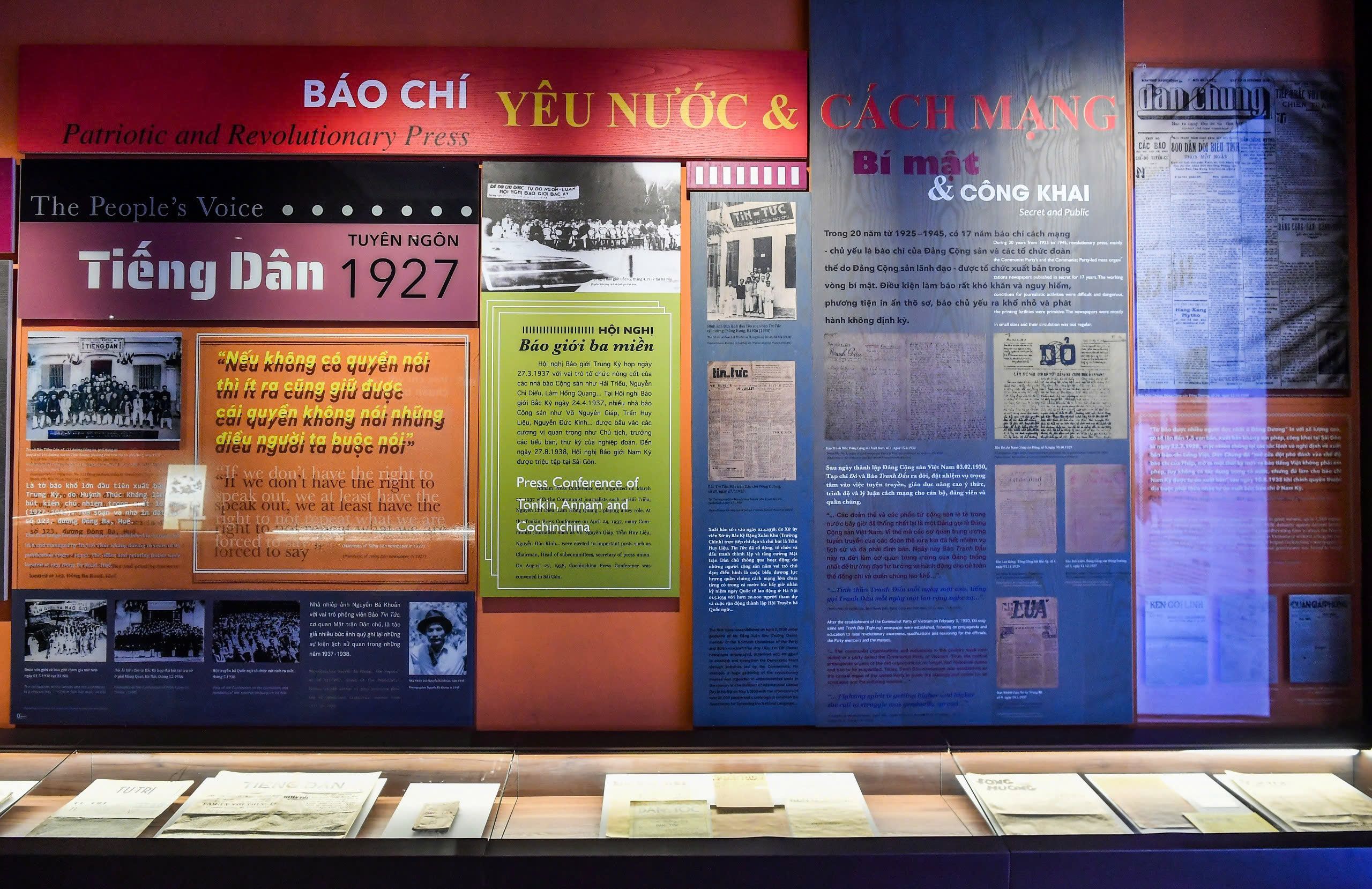
Display of documents about Voice of the People Newspaper at the Vietnam Press Museum.
According to the program of Mr. Huynh and his colleagues of the Tiếng Dân newspaper, the newspaper was published twice a week, on Wednesdays and Saturdays, with the ideal of serving the national interest, helping the government know the aspirations of the people; supporting the moral, intellectual, political and economic education of the Vietnamese people. The decision to allow the establishment of the Tiếng Dân newspaper was signed by the Governor General of Indochina, Pasquier on February 12, 1927, but with the condition that the editorial office must be located in Hue, near the Resident General of Central Vietnam for easy management.
Regarding the change of location of the editorial office, Mr. Huynh assigned Mr. Tran Dinh Phien to go to Hue to find a house to use as both an office and a place to print the newspaper, and he rented a house at 123 Dong Ba Street, Hue (now 193 Huynh Thuc Khang Street).
In addition, Mr. Huynh, along with Nguyen Xuong Thai and Dao Duy Anh, immediately went to Hanoi to buy newspaper printing equipment. With friends in Da Nang lending them a car, the three of them headed north, stopping in each province to meet fans and mobilize support for the newspaper.
Wherever Mr. Huynh went, he was warmly welcomed. There were people from far away, even from the highlands, who traveled to the provincial capital to pay their respects to him.
In Hanoi, all transactions for purchasing printing equipment and hiring workers were handled by enthusiastic volunteers. At that time, Mr. Mai Du Lan, Editor-in-Chief of Thuc Nghiep Newspaper in Hanoi, kindly offered to give Mr. Huynh a new printing machine. Nghiem Ham Printing House also supported by sending printing workers to Hue to help. This was also an opportunity for Mr. Huynh to meet with Northern scholars and expand social relations.
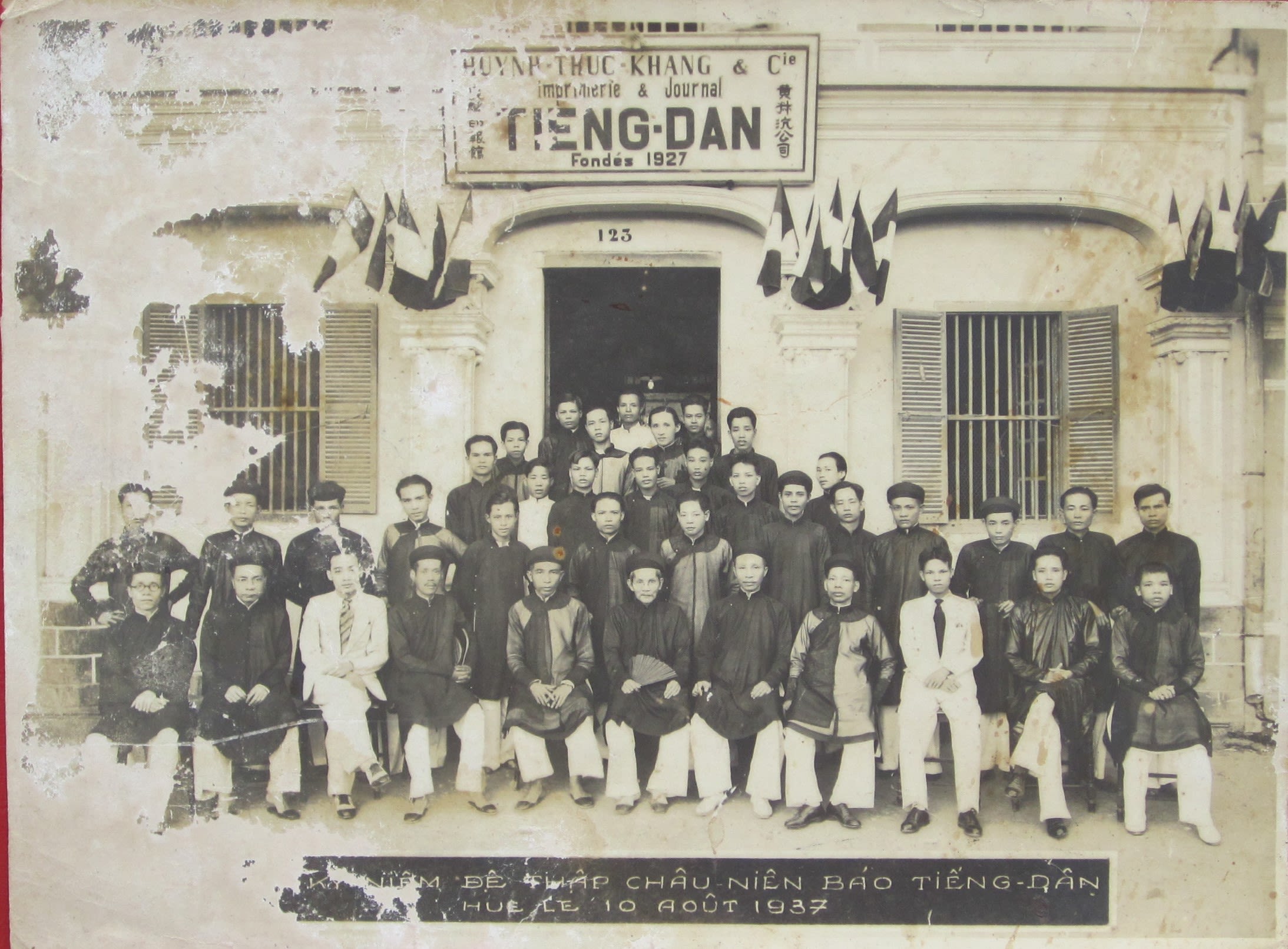
Photo of the ceremony to celebrate the 10th Anniversary of Tieng Dan Hue Newspaper in October 1937, with Mr. Huynh as Editor-in-Chief (the person sitting in the middle holding a fan) taken at the Tieng Dan newspaper office, which was also the headquarters of Huynh Thuc Khang Company. - Photo: Da Nang Museum.
In Hue, there was Mr. Tran Kiem Trinh, "a man of reputation and virtue" who let the newspaper founders stay at his house for months, then rented a house for them.
Also helping Mr. Tran Kiem Trinh was his nephew Pham Dang Nghiep, who called Empress Dowager Tu Du (King Tu Duc's mother) by his aunt. He helped him choose and buy the house at 123 Dong Ba Street to set up the editorial office and printing house of Tieng Dan newspaper. Later, he became the Deputy Manager of the newspaper and Huynh Thuc Khang Company.
After purchasing printing equipment under the direction of Mr. Huynh, the printing house and the editorial office of Tieng Dan newspaper were quickly formed.
On August 10, 1927, the first issue of Tiếng Dân newspaper was published. From here, Mr. Huynh Thuc Khang, a Quang Nam scholar, became a famous figure in the capital, being the President of the Central Vietnam House of Representatives (term 1926-1928), Managing Director of the Huynh Thuc Khang Printing Company and Editor-in-Chief of a major newspaper, Tiếng Dân newspaper.
Write for people to remember and understand easily
To publish the first issues, Mr. Huynh prepared a series of editorials very carefully. Although written in prose, there were parallels, he memorized each article and read it to everyone in advance to ask for their opinions.
According to Mr. Dao Duy Anh, although he wrote in national literature for the first time, the literary form is a bit old, but that is what makes it easy to attract readers because it is skillful and full of enthusiasm. Perhaps Mr. Huynh's writings will be memorized by many readers so that they can read them to each other when they have the chance, even illiterate people can listen to them through narration as a kind of oral literature.
For example, in the first issue, the first page on the left corner has an article "The Birth of the People's Voice Newspaper" by Mr. Huynh:
“Voice of the People Newspaper was born!
Voice of the People Newspaper was born!
Central Vietnam Newspaper was born!
The Voice of the People newspaper in the capital of our Vietnam has just been born!
Too late! How sad! But still trying! Sick and heavy, swallowing bitterness for decades, only now emerging from the mother's womb to see a little light in the world!
Oe! Oe! Oe! A cry leaves the earth!”…
Or in the article explaining the newspaper's name, Mr. Huynh Thuc Khang wrote: "Confucius said: "Naming is essential to be able to say; saying is essential to be able to do, so a gentleman never speaks nonsense" (Names must be able to say, words must be able to do, a gentleman never speaks nonsense).
The newspaper has been named TIENG DAN, so the people's voice is the true essence of the newspaper. The newspaper would like to look at the name and remember the meaning, and our fellow countrymen can also hear the name and understand half of it, there is no need to explain at length like that.
The way the articles are named is also very specific, easy to understand, and familiar: "Sweet words have a bitter taste inside - A letter from a Japanese soldier to a Chinese classmate", "Psychology and reality do not go together", "If the Japanese army attacks South China, the Chinese air force will bomb Taiwan, will the Sino-Japanese war become a Russo-Japanese war?", "Japan conflicts with France and with Russia - Japan is determined to fight, China is also determined to resist"...
The way of advertising right in the newspaper is also very familiar: In issue 1098, published on August 10, 1937, in the middle of the first page there is a framed advertisement: "This issue has 8 pages, lots of interesting articles".
Operating continuously from 1927 to 1943, Tiếng Dân newspaper published 1,766 issues, becoming the longest-running newspaper (17 years) reflecting historical events taking place in Central Vietnam. As planned, the newspaper was published twice a week, but later due to high demand, the newspaper published three issues a week (Tuesday, Thursday, and Saturday).
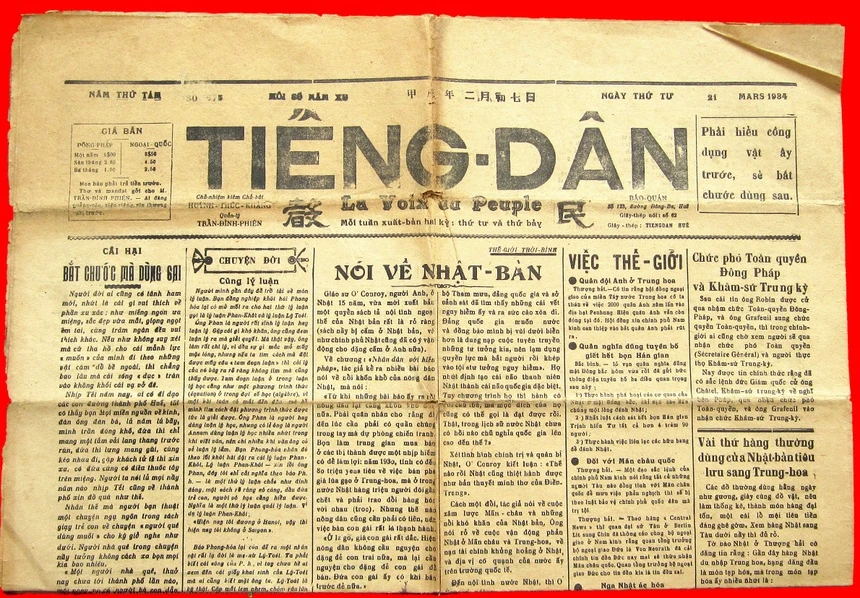
Tieng Dan Newspaper No. 675 published on March 21, 1934.
During its operation, the newspaper has published 5 issues, including articles on sovereignty over the Hoang Sa and Truong Sa archipelagos. The Voice of the People newspaper has 3 types: 2-page newspaper, 4-page newspaper and 8-page newspaper (depending on the amount of information to be published). Regarding paper size, the newspaper has 2 main sizes: (42 x 58) and (46 x 60).
Since 1930, the newspaper has had contributions from communists such as Nguyen Chi Dieu, Vo Nguyen Giap, Hai Trieu...
In 1937, to celebrate the 10th anniversary of the birth of Tiếng Dân newspaper, Mr. Huynh published a special newspaper printed entirely in red, printed using lithographic printing techniques at Huynh Thuc Khang printing house.
The Voice of the People newspaper followed the goal of serving the people, in the direction of national revival, so the French colonial government always had strict control, such as being directly managed, archived and closely monitored by the Department of Integrity.
Director of the Central Vietnam Department of Integrity L. Sogny (March 1927) established a control board, which was not allowed to offend French and Southern politics. During the censorship process, the editorial office had to submit two copies to the Department of Integrity along with the French translation. After approval, one copy would be returned, signed, stamped and Visa pour publication (allowed for publication). After the newspaper was published, it had to be deposited in two archives of the Apostolic Nunciature and the Police.
When the Japanese army entered Indochina and opened the first consulate in Hue, the French colonialists were worried and did not want a newspaper opposing the government to criticize the state. They also saw signs that Marquis Cuong De wanted to lure Mr. Huynh, so the French ordered the newspaper to be suspended on April 24, 1943 (March 20, Your Year) after 17 years of operation. However, the Tieng Dan newspaper printing house continued to operate.
Screaming voice of the people in the middle of Hue citadel
General Secretary Truong Chinh
At the national cultural conference (July 1948) held in the Viet Bac resistance zone, General Secretary Truong Chinh evaluated the 16 years of heroic spirit of the Tiếng Dân newspaper: "Screaming the voice of the people in the middle of the Hue citadel".
Dr. Nguyen Van Hoa, Hue Historical Science Association, assessed that the Voice of the People Newspaper spoke up for the progressive voices of intellectuals and petty bourgeoisie, propagandized for the anti-French movement, and especially had articles encouraging anti-French examples...
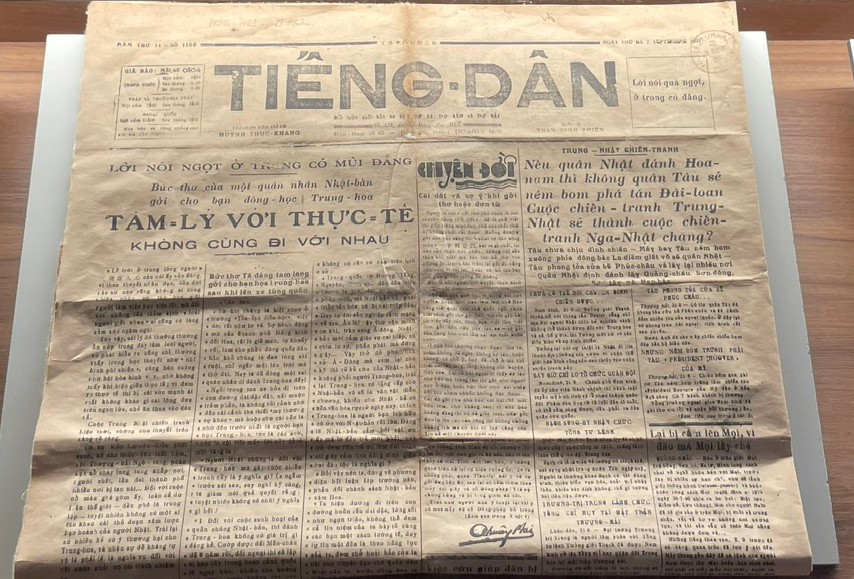
An edition of Tiếng Dân Newspaper is displayed at the Vietnam Press Museum.
Needs to be restored and turned into a museum.
Today, after many historical events, the headquarters of the Tieng Dan Newspaper and Huynh Thuc Khang Printing Company still basically retain the original area and status, with one side facing Dong Ba Street (now Huynh Thuc Khang Street) and the printing house facing Gia Long Street (now Phan Dang Luu Street). In 1956, Dong Ba Street was renamed Huynh Thuc Khang Street and the house number from 123 was changed to 193 and remains to this day.
Time, war and harsh weather have caused the house to seriously deteriorate, moss covering everywhere.
After the newspaper Tiếng Dân was suspended, the Huynh Thuc Khang Company and the Printing House were dissolved in early 1946 before Mr. Huynh went to Hanoi to take office as Minister of the Interior. The editorial office was used by Mr. Huynh for the Quang Nam Provincial Council to use as a dormitory for Quang Nam students studying in Hue. After 1975, this headquarters was arranged for a number of officials from Hue Medical University (now Hue University of Medicine and Pharmacy) and became a collective housing area, consisting of 6 households.
During their stay at the headquarters of Tiếng Dân newspaper, these 6 households repaired and built some partitions to create separate dining and living rooms for each family. Some changes in the current state of the house include: The frontage (Huynh Thuc Khang street) on the right side, which originally had a window, is now replaced with a door. The Tiếng Dân newspaper signboard was dismantled, and the interior furniture, such as the altar and the working facilities, including the printing house, were moved out of the headquarters of Tiếng Dân newspaper without anyone knowing.
During the management process, to ensure the safety of the relic, the Land Fund Development Center of Thua Thien Hue province repaired and re-roofed the second floor of the house behind Phan Dang Luu street, and painted the entire house with whitewash...
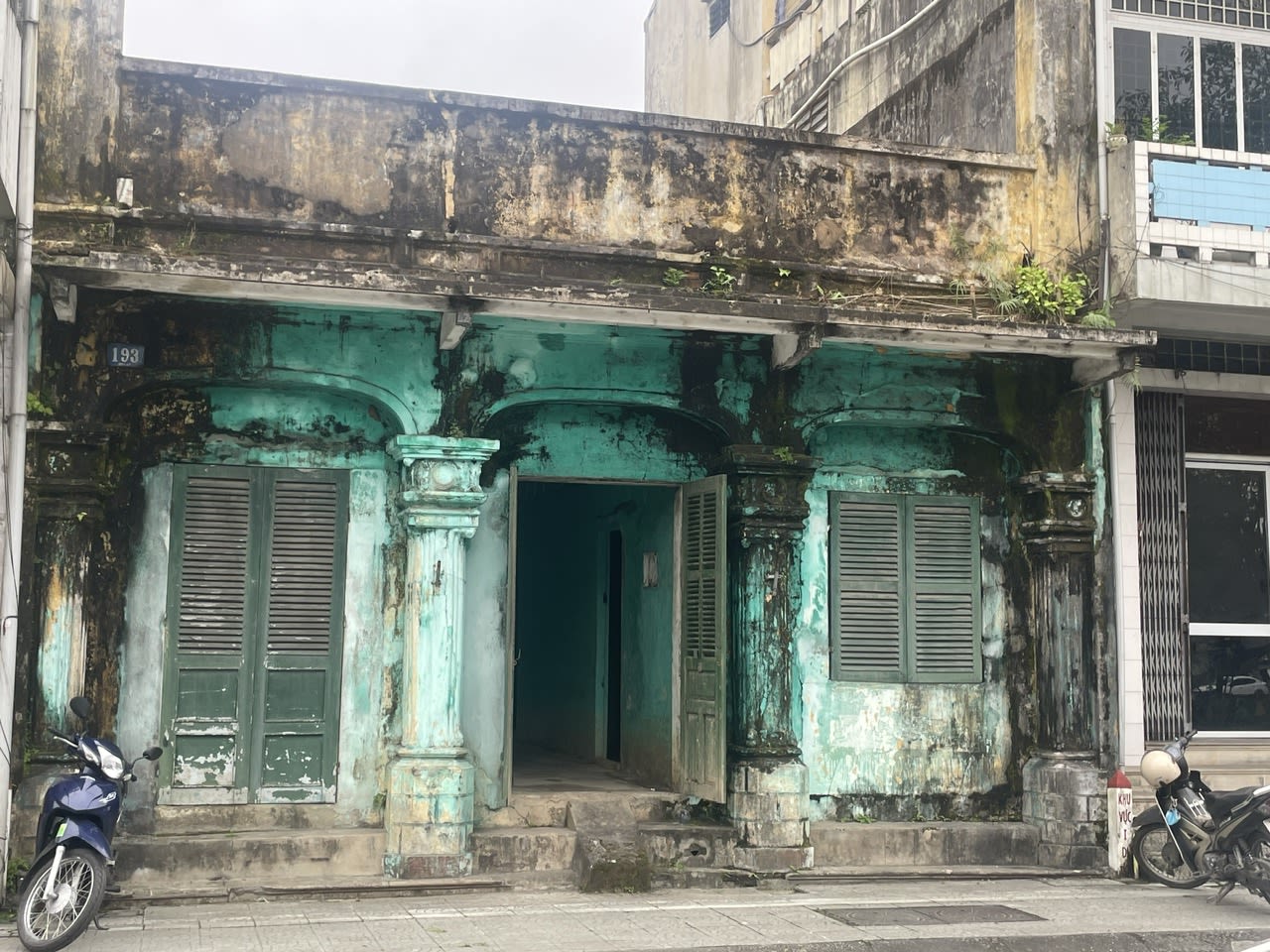
Exterior of the headquarters of the Voice of the People Newspaper.
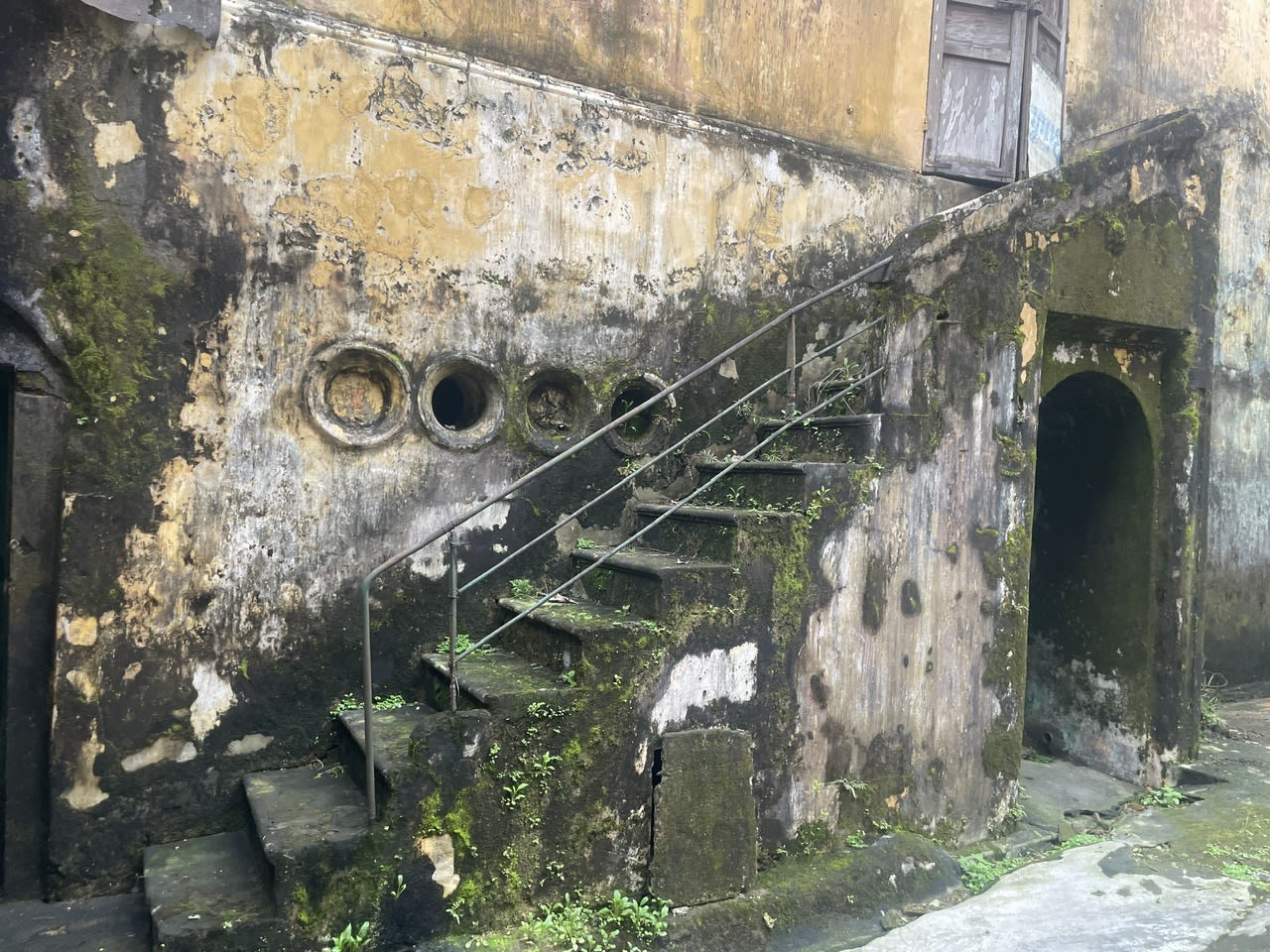
Inside the courtyard, the architecture remains almost intact.
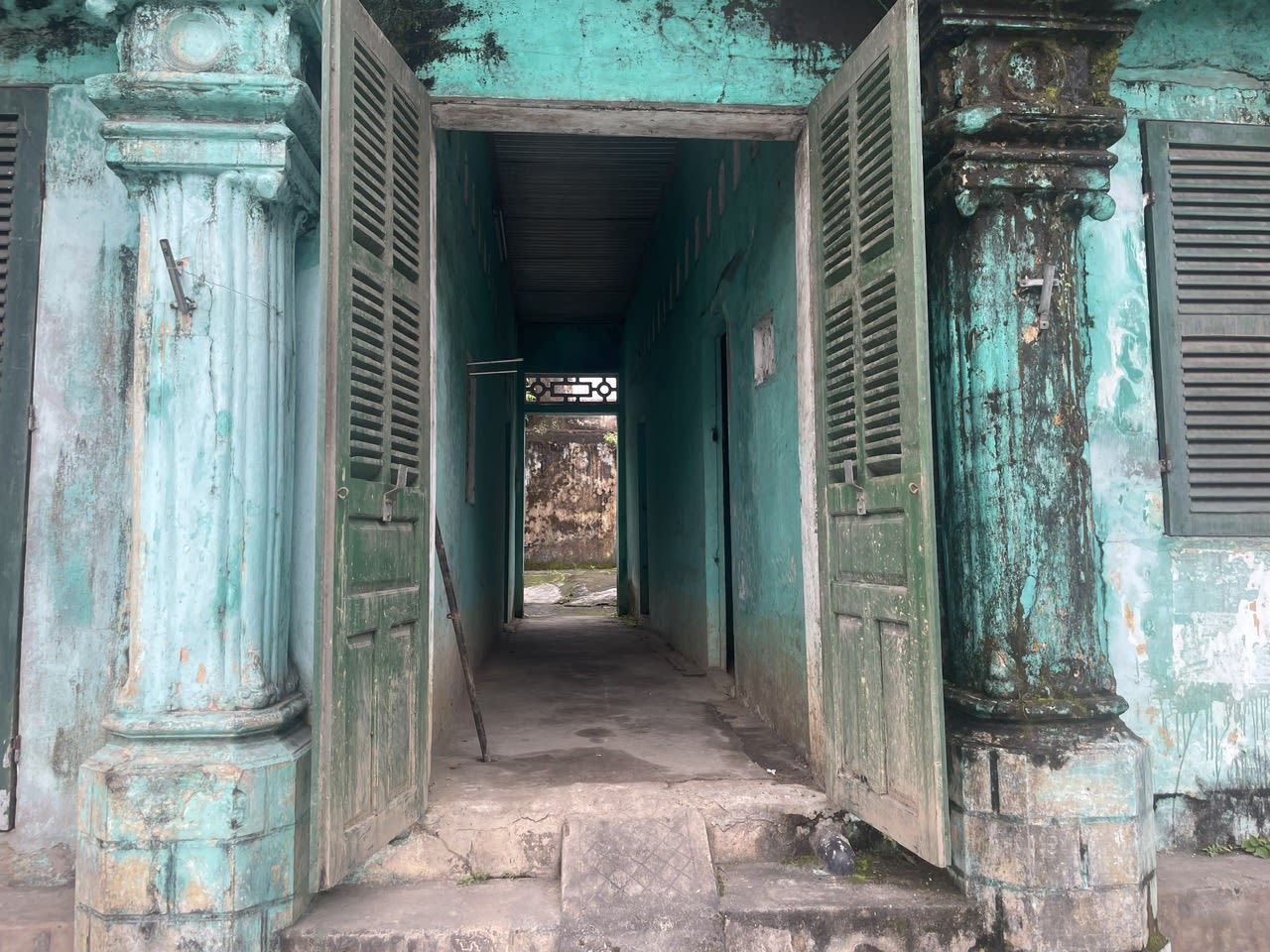
The entrance to the courtyard is flanked by rooms that were originally printing workshops and offices, later converted into houses and are now vacant.
During the ceremony to receive the certificate of historical relic ranking of the headquarters of Tieng Dan Newspaper on April 26, 2019, the representative of the Thua Thien - Hue History Museum said that the headquarters of Tieng Dan Newspaper is expected to restore some construction items to their original state, including: Tieng Dan Newspaper signboard, redo the entrance door and some interior furniture inside the relic, and at the same time dismantle the extensions built by households living in the relic after 1975. In addition, the relic is determined to be exploited in the direction of a miniature press museum, and at the same time be a place for journalists in Thua Thien - Hue to come and set up clubs, participate in activities, and exchange expertise and skills.
However, according to Phan Thanh Hai, Director of the Department of Culture and Sports of Hue City, there is currently no project to restore the headquarters of the Voice of the People Newspaper. Socialization is also very difficult, because the current law does not allow the use of relic-type assets for public investment. This is a common problem with relics throughout the country.
Currently, the current state of the Voice of the People Newspaper Office has deteriorated a lot due to being used as a house for a long time. Many items no longer exist, and some details in the house have been lost, such as signs, furniture, altars, etc.
Dr. Nguyen Van Hoa, Historical Science Association, said that it is necessary to restore and renovate this "red address", because the people and events associated with this location not only have great historical significance and value for Hue City, for the central region, but also for the Vietnamese revolutionary press.
E-Magazine | Nhandan.vn
Content, photo: TUYET LOAN
Presented by: VAN THANH
Source: https://nhandan.vn/special/noiradoitobaoindautien_cuanguoiviet_omientrung/index.html


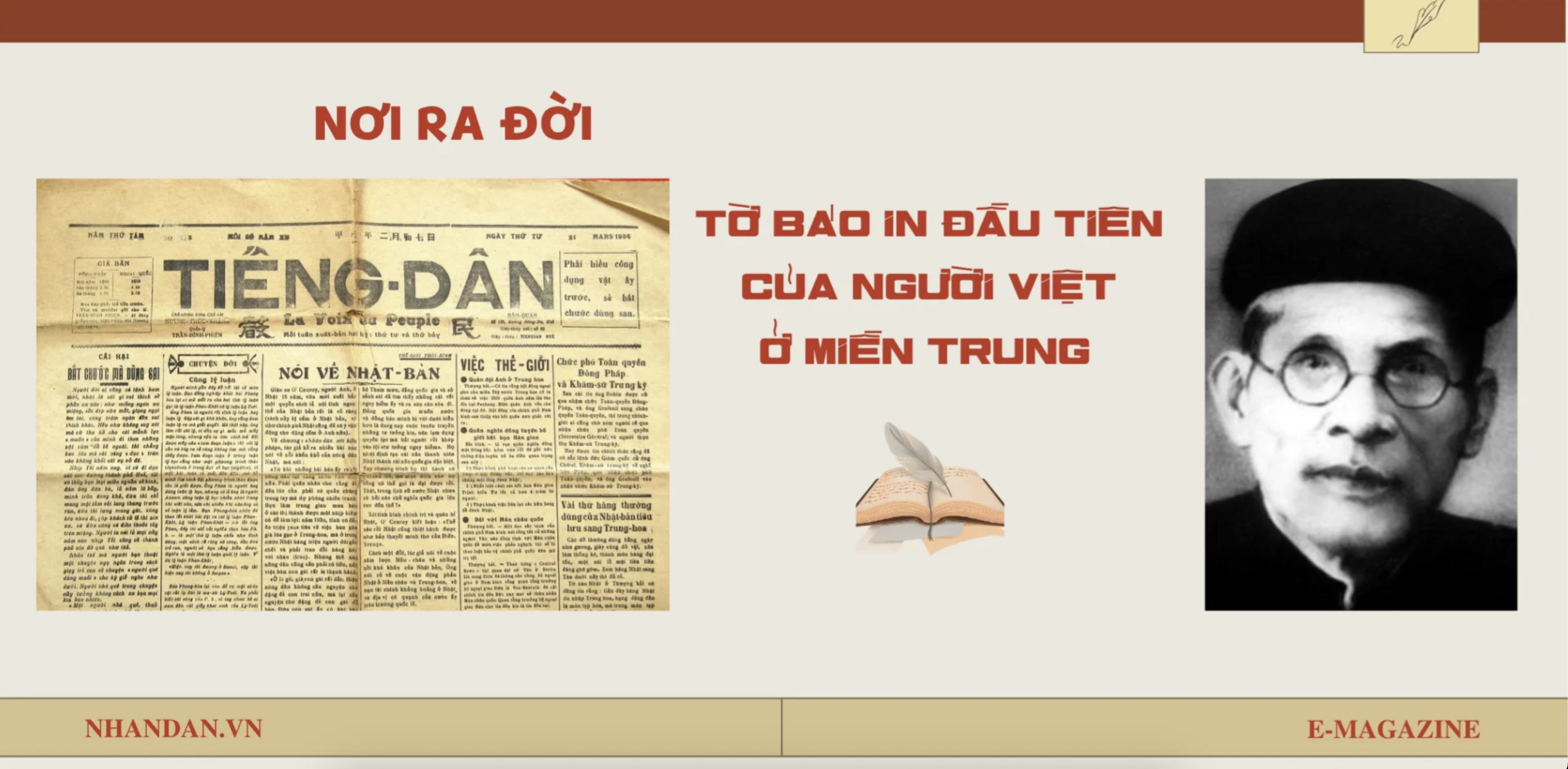




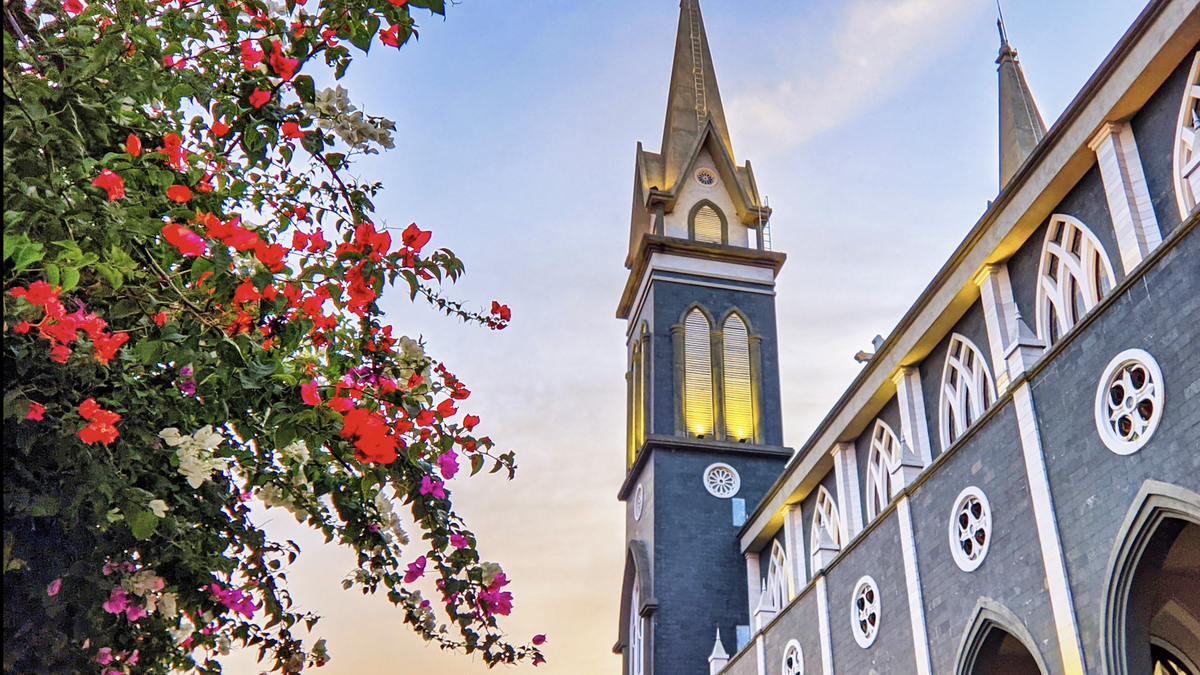
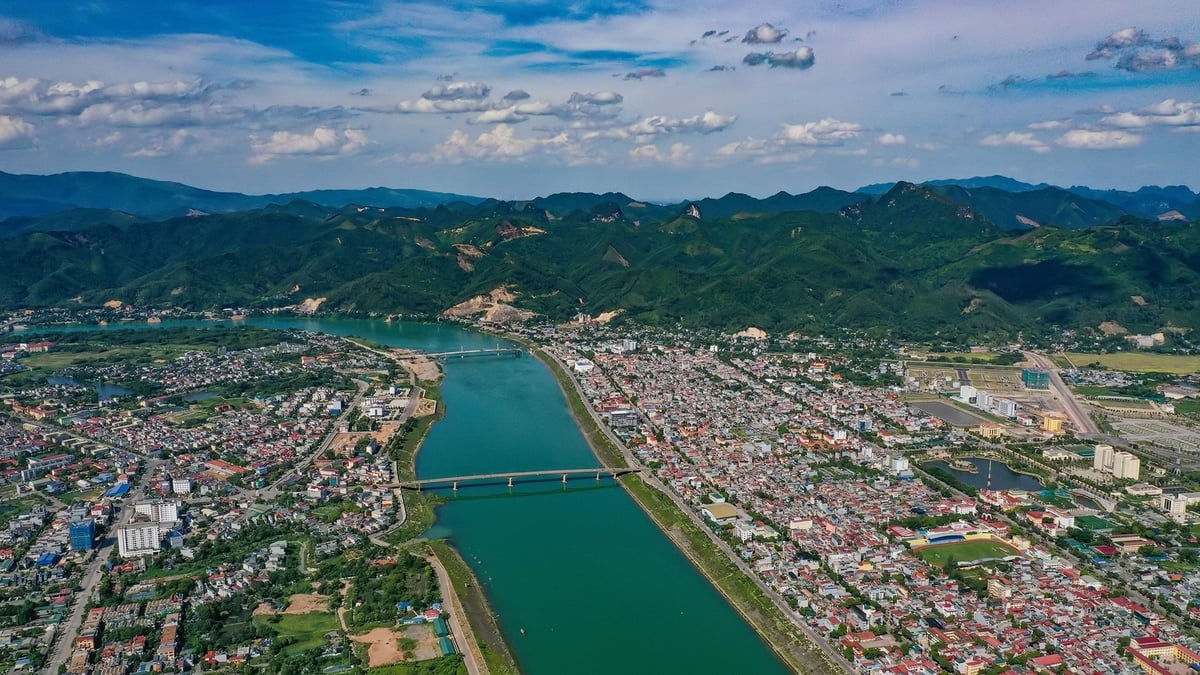
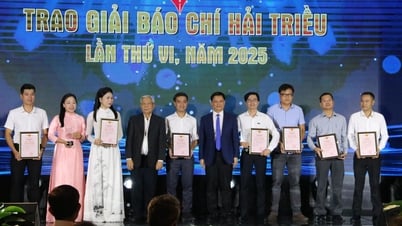

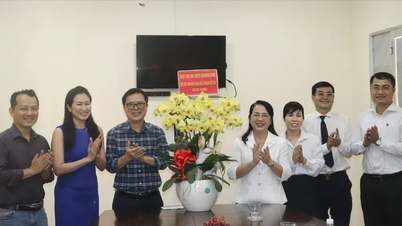

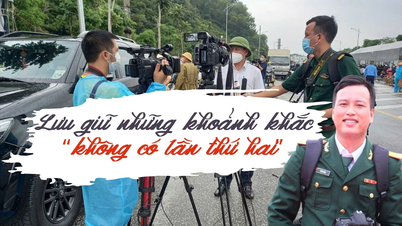
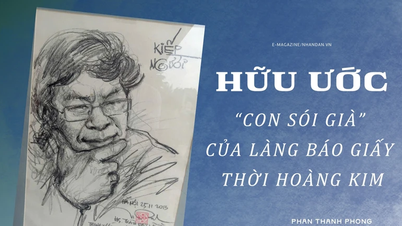






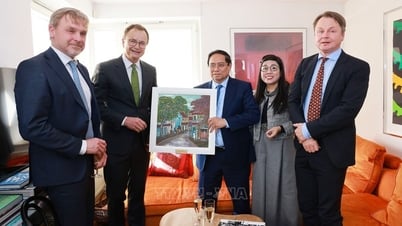

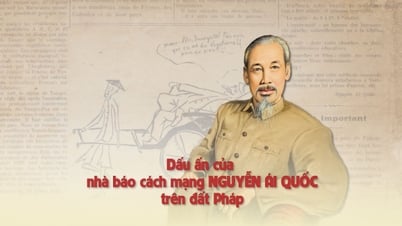


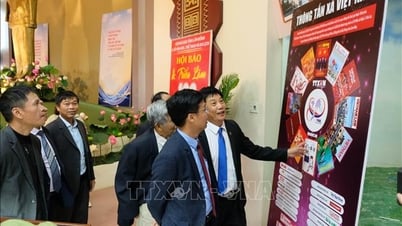





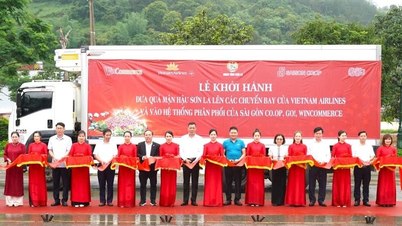

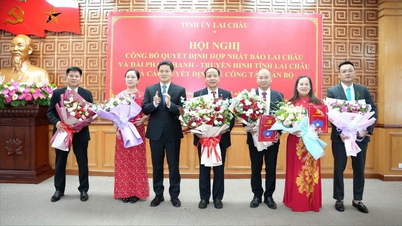
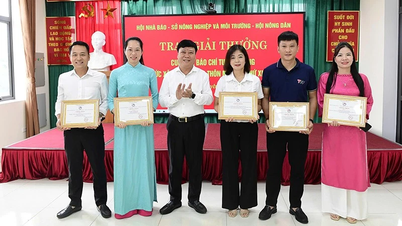
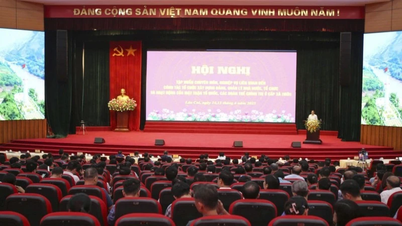


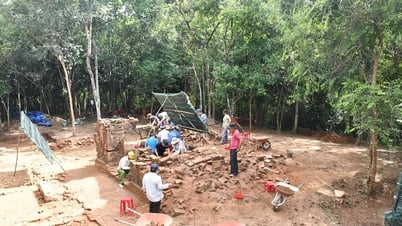

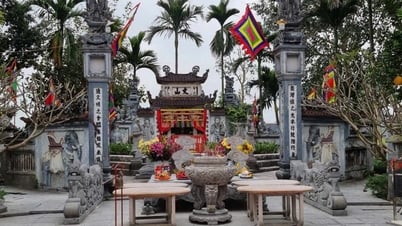

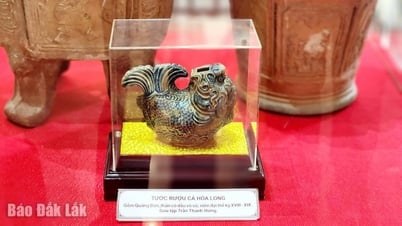

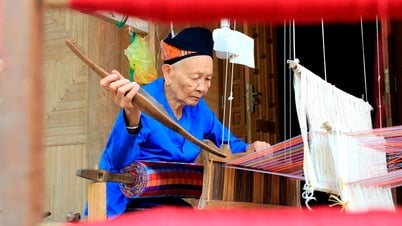



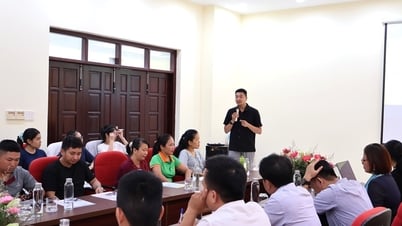
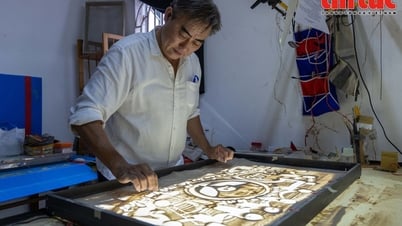








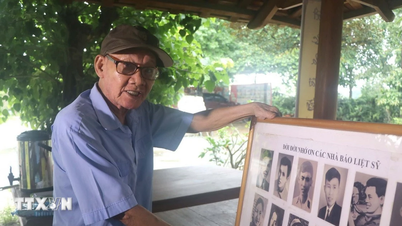
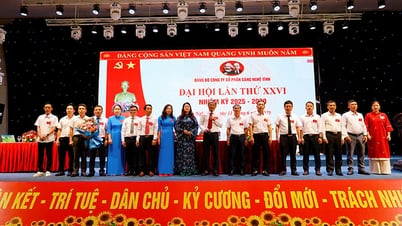


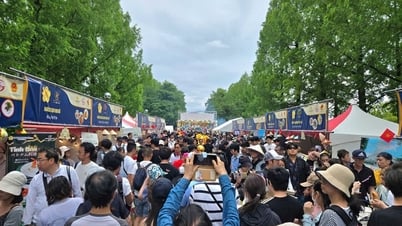
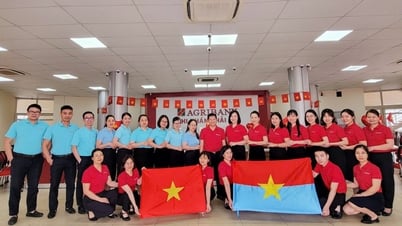
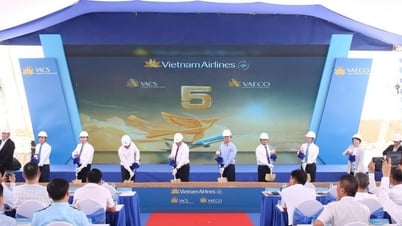


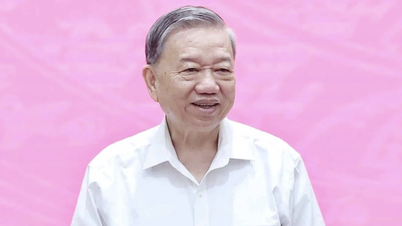

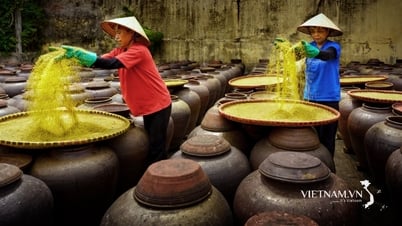

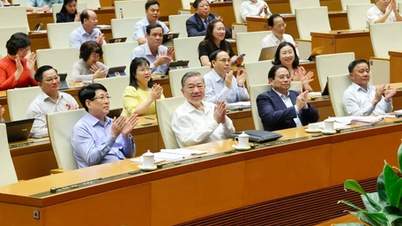


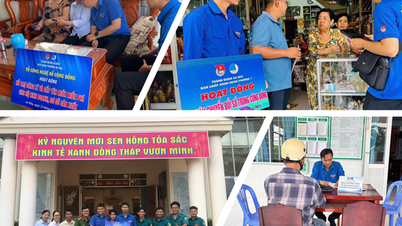
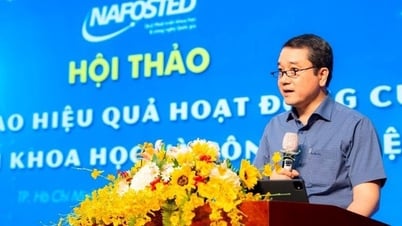


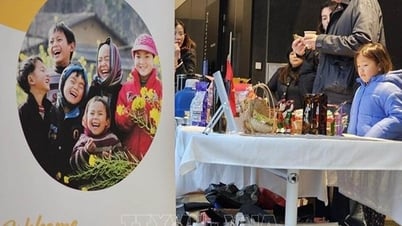
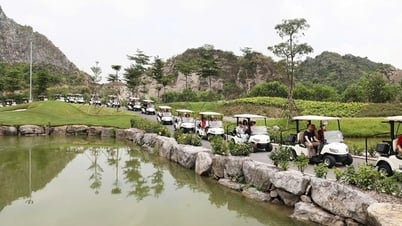
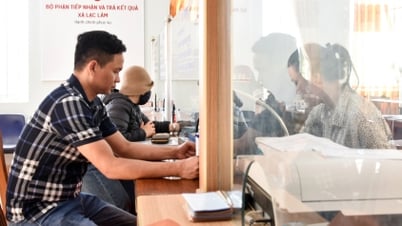

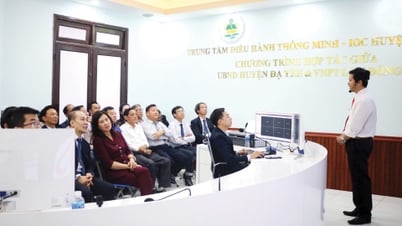
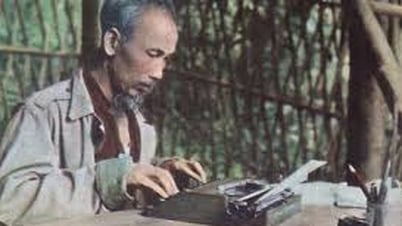

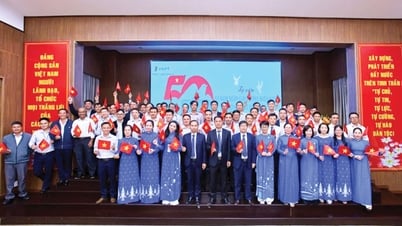
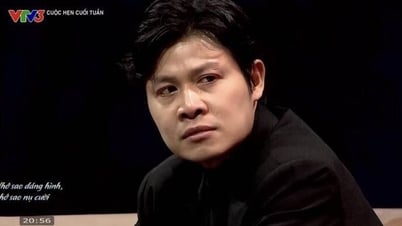











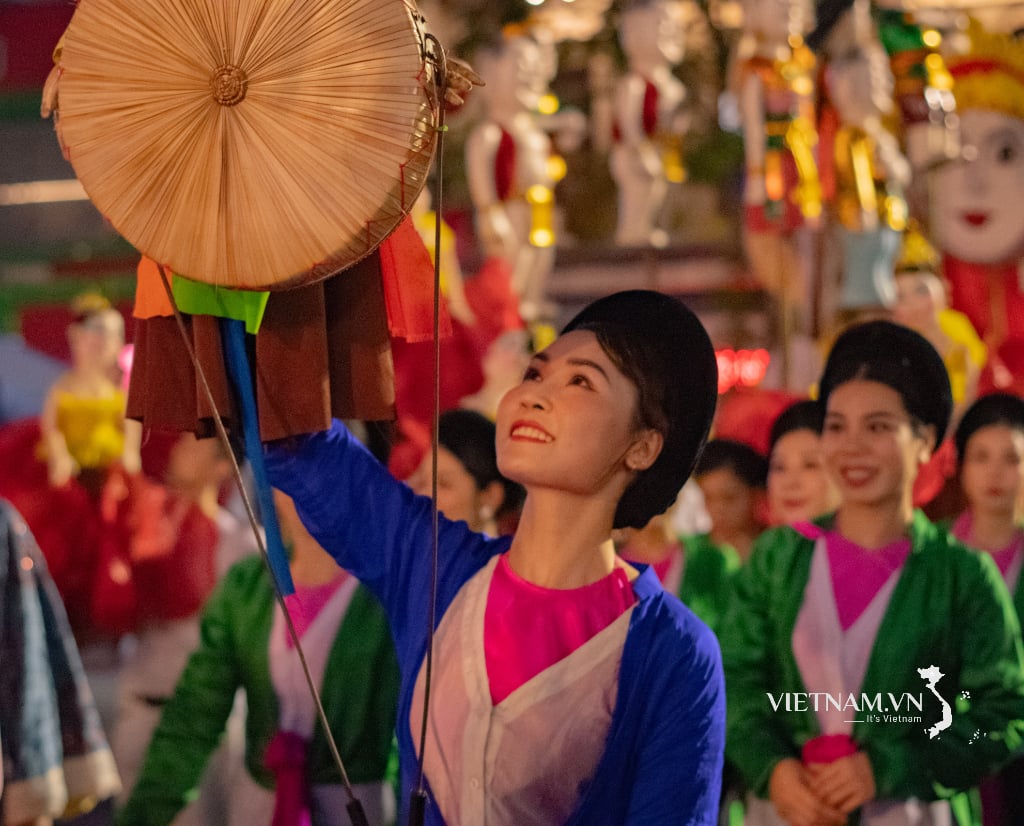
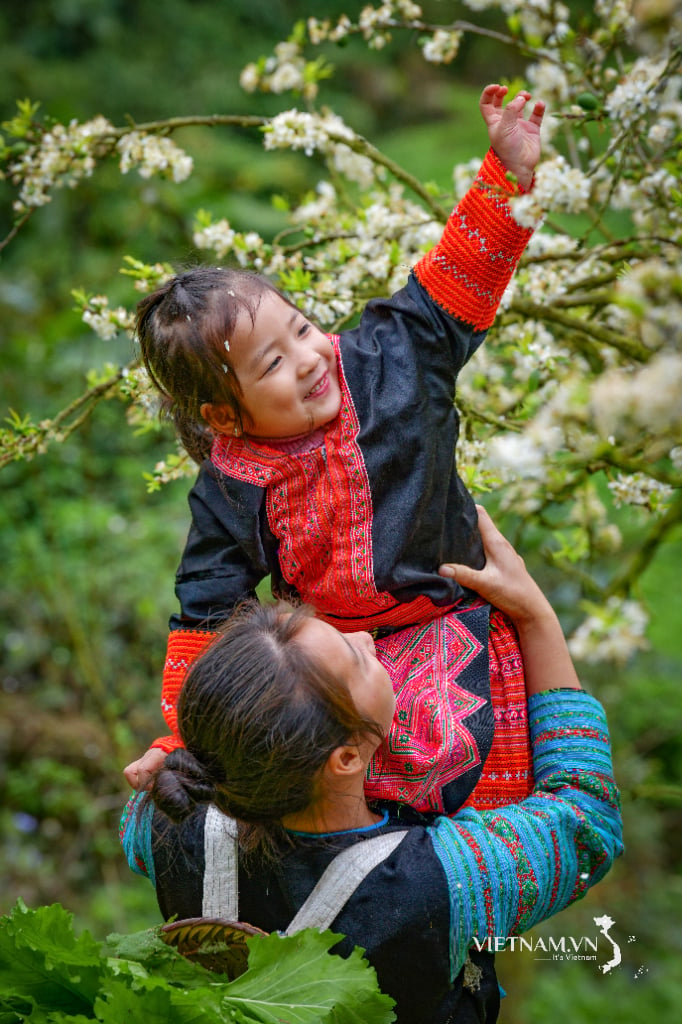


Comment (0)